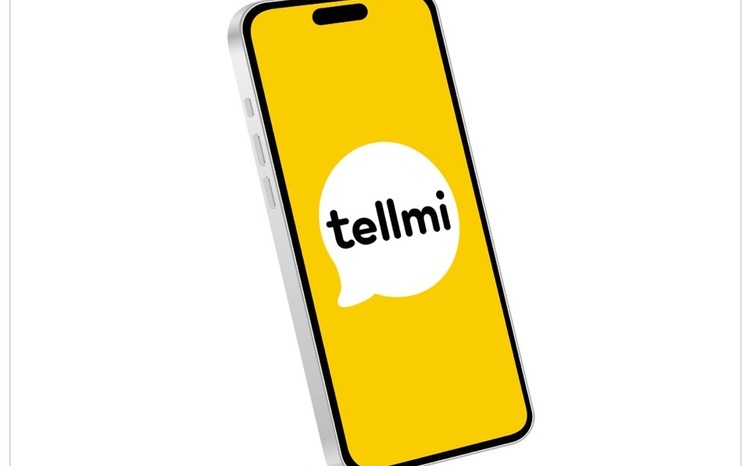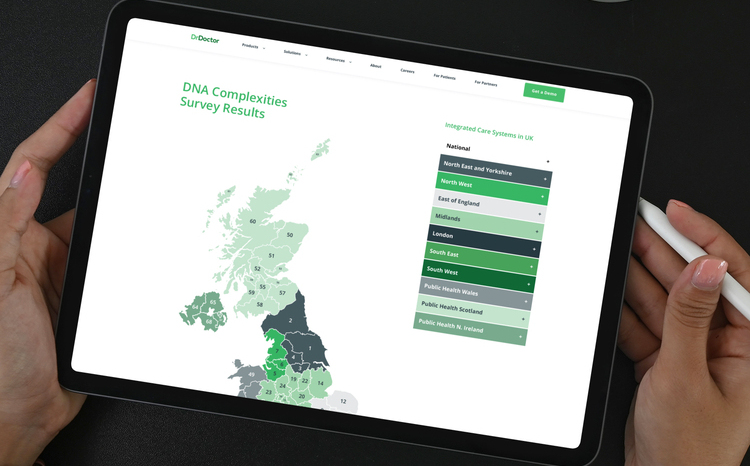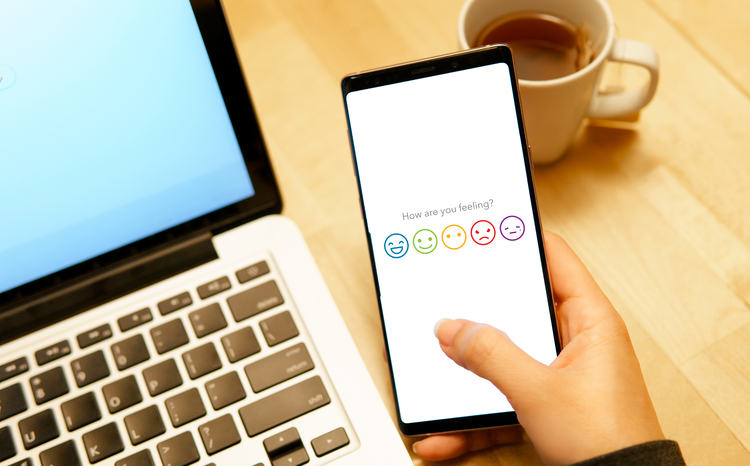Unreliable patients most likely to ask for SMS reminders
- 7 April 2005
Patients most likely to be ‘Did Not Attends’ (DNAs) at outpatient clinics are also the most likely to sign up for text reminders, according to new research.
SMS patient appointment reminders can reduce DNAs by up to 30% even if only 20% of patients sign up to receive the service, says a study published by Wireless Healthcare.
"The patients most likely to forget, or not bother, to turn up for appointments fall within the 16 to 35 age group," said Peter Kruger, senior analyst at Wireless Healthcare. "By a lucky coincidence people in this age group are heavy users of mobile phones and text messaging. This is one reason why text message based reminder systems have been successful from day one."
Although patient reminders are having a positive effect on hospital performance data, these benefits tend to tail off if more than the 20% of patients least likely to attend sign up for the service. Additionally, healthcare organisations are finding it difficult to sign anybody else up for the service.
Researchers looked at a number of UK healthcare organisations and also SMS software supplied by companies such as McKesson.
The research appears to explain the early gains made by using SMS reminders, but also implies that there will be diminishing returns if organisations try to roll out the service more widely.
Wireless Healthcare says SMS appointment reminders have particularly positive roles to play for mental healthcare trusts; not just because they have clinical benefits but because, according to the researchers, many mental health trusts are under "political pressure" to make sure their patients keep appointments and take medication.
The SMS appointment messaging market could be worth around £20m a year to service providers, according to figures released by the researchers.
The report also suggests that in the future, some trusts may start using text messaging within clinics to inform waiting patients that they are ready to be seen. Since the Medicines and Healthcare products Regulatory Authority recommended that mobile phones in hospitals were less dangerous than originally thought, text messaging could overtake some systems such as "patient paging".




